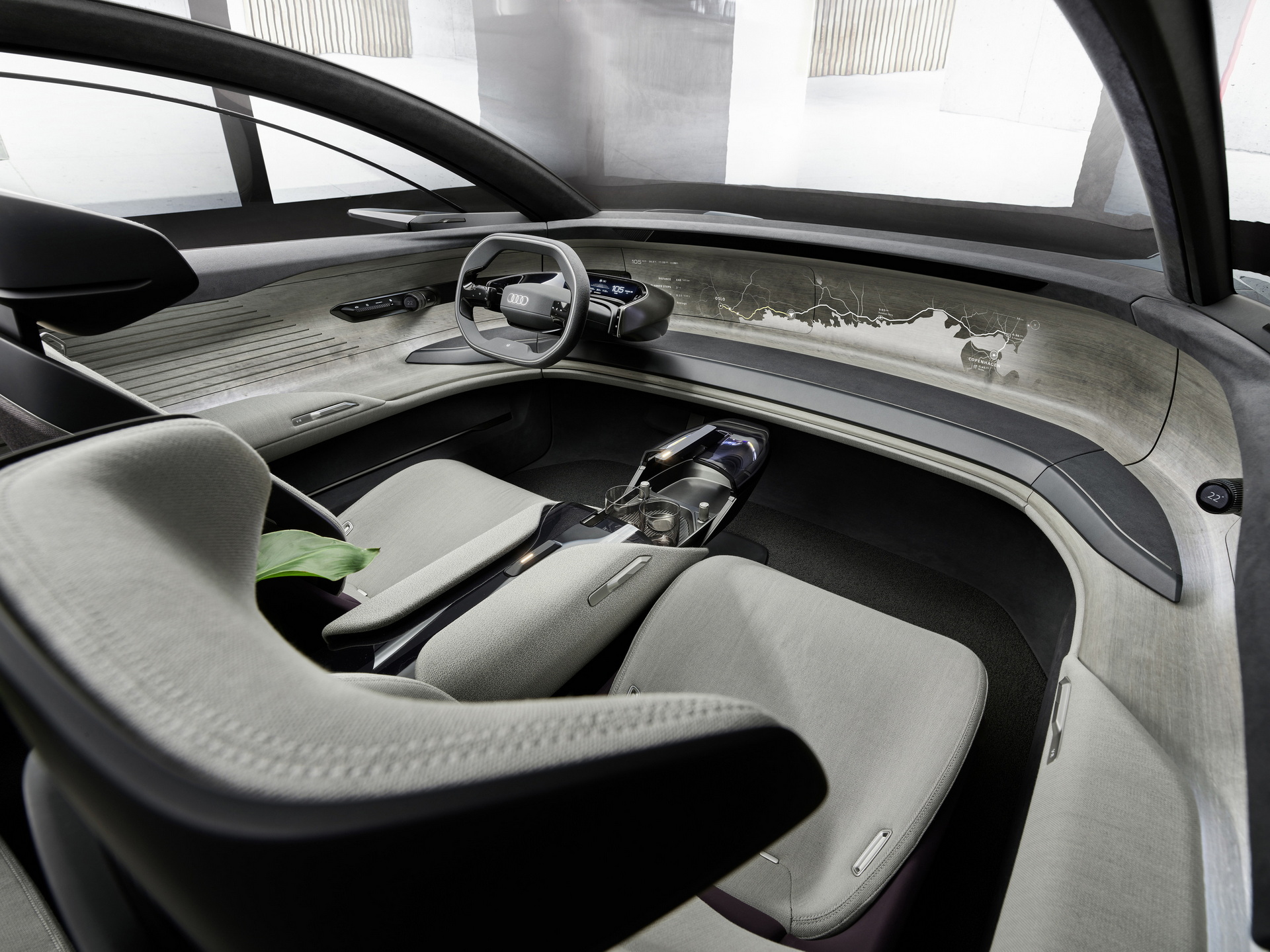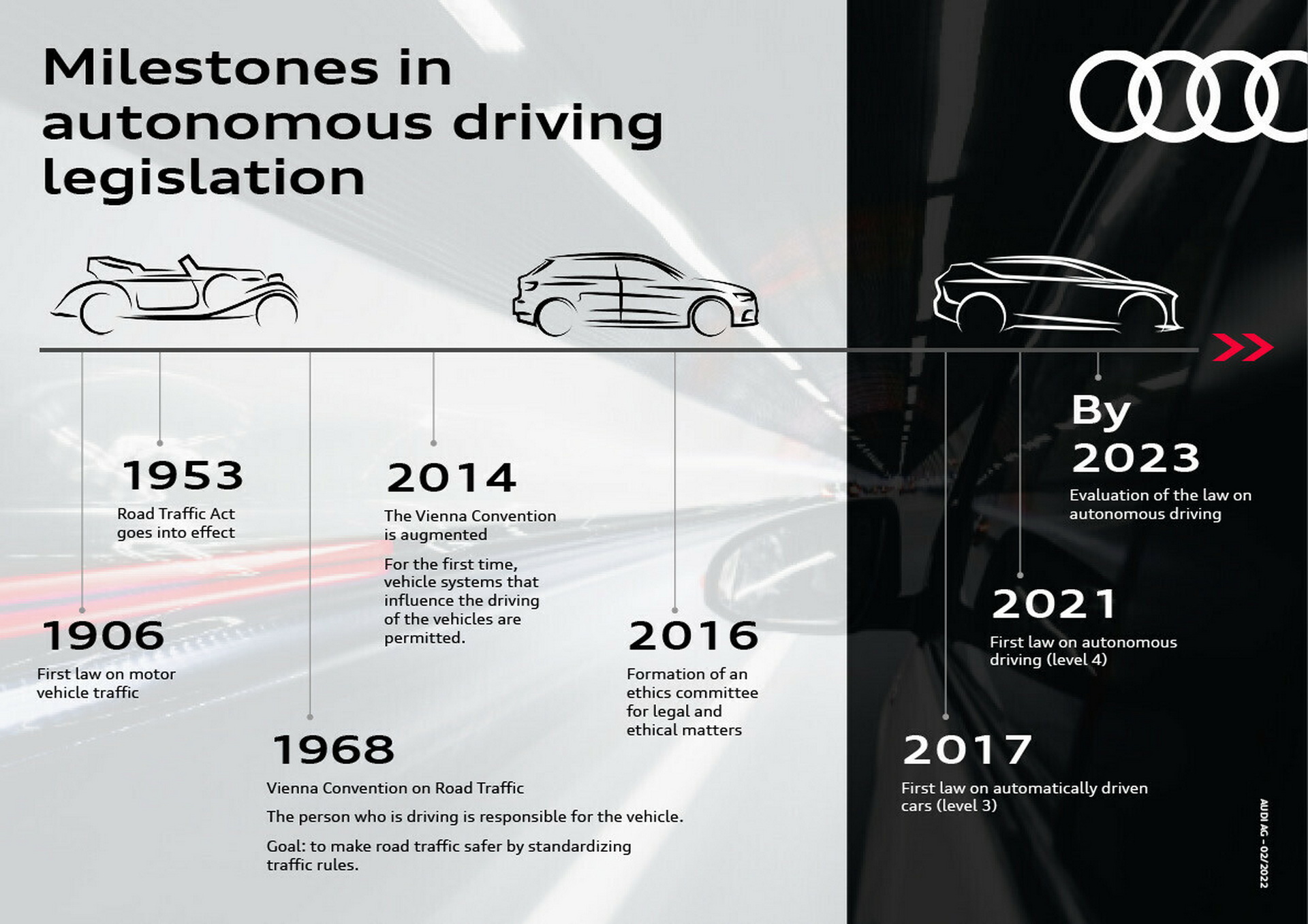There’s a lot of talk about autonomous vehicles and the freedoms they will supposedly allow but at this point, it’s still hard to see with clarity a future full of autonomous vehicles. So Audi put the question to its head of general counsel legal services, Uta Klawitter, to find out what someone deeply familiar with the law believes things will look like.
Klawitter is surprisingly optimistic about the odds of an autonomous future, though she doesn’t think that the people will be forgetting how to drive in the next decade.
“In Europe, we can safely say that we will see functions like highway pilots for long distances by 2030,” she said. “However, I don’t really think that we will be able to sleep while driving into the weekends.”
Read Also: For The First Time, Toyota Has Successfully Made An Autonomous Vehicle Do A Sick Drift
Technical regulations for approving Level 4 autonomous driving do not yet exist in Europe, though she expects them to come in 2024 at the earliest. The harmonization of regulations across borders is also crucial, from Klawitter’s perspective.
“We need to harmonize the regulations at the international, or at least the European level,” she said. “Otherwise, the area where vehicles can be used across national borders will be limited and the technical differences will be extremely complex due to the different national vehicular traffic law requirements.”
Germany, she says, is far ahead of the rest of Europe, both in terms of regulation and technology, though it is still more cautious than markets like China and the U.S. Legislators in Germany are “rightly open to this evolutionary technology in smaller steps” in order to make the technology as safe as possible.
For consumers, that slow path to autonomous driving will look different in the cities than it does in the country, predicts Klawitter. While people who live outside of major hubs will continue to drive their cars for years to come, autonomous transportation will turn the city into a rich tapestry of mobility.
“We will see autonomously driven people movers in the cities – which means short distances. That involves large-capacity taxis that drive without a human driver,” said Klawitter. “And in the city, we definitely won’t only use cars. We will also use scooters, rented bikes, or even mobile rollators for older people.”
She calls it a “holistic ecosystem” that will make it possible to reserve a parking spot and a charging station before you leave on the journey to your destination. In the U.S. and China, meanwhile, things may look different before they do in Germany or the rest of Europe.
“The path to [autonomous driving], even just on the legal side, will be covered cautiously and incrementally in Germany,” she said. “It will be evolutionary, not revolutionary like in the U.S. or China. That can also be an advantage, because the evolutionary track can build trust in the quality of the function, which our customers also expect from us.”





